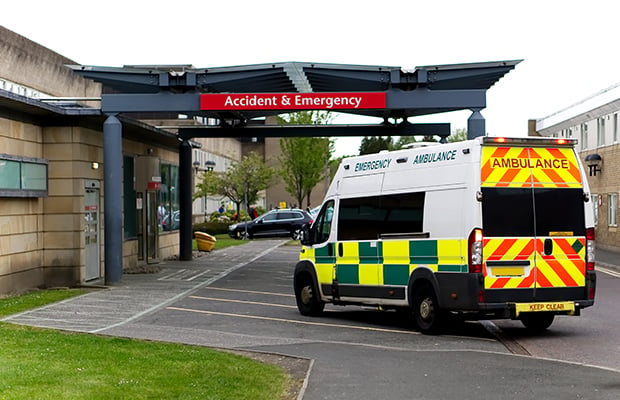1. New or worsening symptoms
It’s no secret that the NHS is under increasing pressure, so it is natural that some people feel they don’t want to be a bother. You are not wasting your doctor’s time – it’s better to get the help you need rather than let your condition get worse. Contact your GP or nurse if you notice new or worsening symptoms. These may include:
If you experience new chest discomfort, let your GP know so that they can assess you. They may refer you to a cardiologist. Lots of things that aren’t serious can cause chest discomfort, but it’s important to rule out heart causes.
If you live with angina and you notice that your angina pains are lasting longer, are more frequent or starting when you aren’t doing anything active, let your doctor know as soon as possible. They will assess you and may be able to adjust your medication to make sure it’s as effective as possible or to refer you for further tests.
It’s not unusual to experience breathlessness if you are living with a heart condition. But if it is getting worse, then your doctor needs to know. They may review your medication or send you for some tests to find out what the cause may be.
Heart problems can sometimes lead to a build-up of fluid, usually in your feet, ankles and legs, and sometimes around your tummy. If you notice swelling in these areas, especially if you are also experiencing worsening breathlessness, let your doctor know straight away.
Medications called diuretics (water tablets) can remove this fluid by making you urinate more often. But if the fluid does not leave your body, then you may have to go to a hospital for stronger medications.
Although they are unpleasant, most palpitations are harmless. A lot of people living with a heart condition have them. But tell your doctor if your palpitations change. For most people this may be that they last longer, or you also have other symptoms alongside them such as dizziness and fainting.
Palpitations can be managed with medications, but your doctor may also do some tests, such as an ECG, to see if there are any changes that might be better managed by your cardiologist.
Call 999 immediately if you experience:
- Chest pain that comes on suddenly and doesn’t go away.
- Pain that spreads to your arms, neck, jaw, back or stomach.
- Severe difficulty breathing, such as gasping for breath, a feeling of choking, lips turning blue, or are not able to talk.
- Sudden numbness or weakness in the face, arm or leg.
- Sudden confusion or trouble speaking.
2. You haven’t heard about your routine test or appointment
If you haven’t received a notification for a test or appointment that you’re due for, follow up and check on it. The pandemic meant that many people missed regular tests and follow ups, so it’s important to get back on track.
Often, it’s simply because there is a long waiting list. But for your own peace of mind you can call the clinic you are waiting for and ask for a rough timescale for when you will be seen. You can also check that you are still on their books, because unfortunately, admin mistakes can happen. If you have been missed, get in touch with your GP sooner so that they can help.
Want to get fit and healthy?
Sign up to our fortnightly Heart Matters newsletter to receive healthy recipes, new activity ideas, and expert tips for managing your health. Joining is free and takes two minutes.
I’d like to sign-up
3. If you have health worries that haven’t been answered
If you’re worried about something specific or have unanswered questions, it’s important to let your healthcare team know about your concerns and get answers. Time is often the reason people can’t get their questions answered at their appointment, so ask about other ways to get answers. You may be able to email your questions or arrange a phone call with one of the team.
If you have questions about medications, your local pharmacist might be able to answer them for you. And if you have more general questions, then you may be able to find answers from specialist organisations such as our Heart Helpline or the mental health charity Mind if you are struggling with your mental wellbeing.
What to read next...
Where to get medical help if your appointment is delayed or cancelled
Read the article







